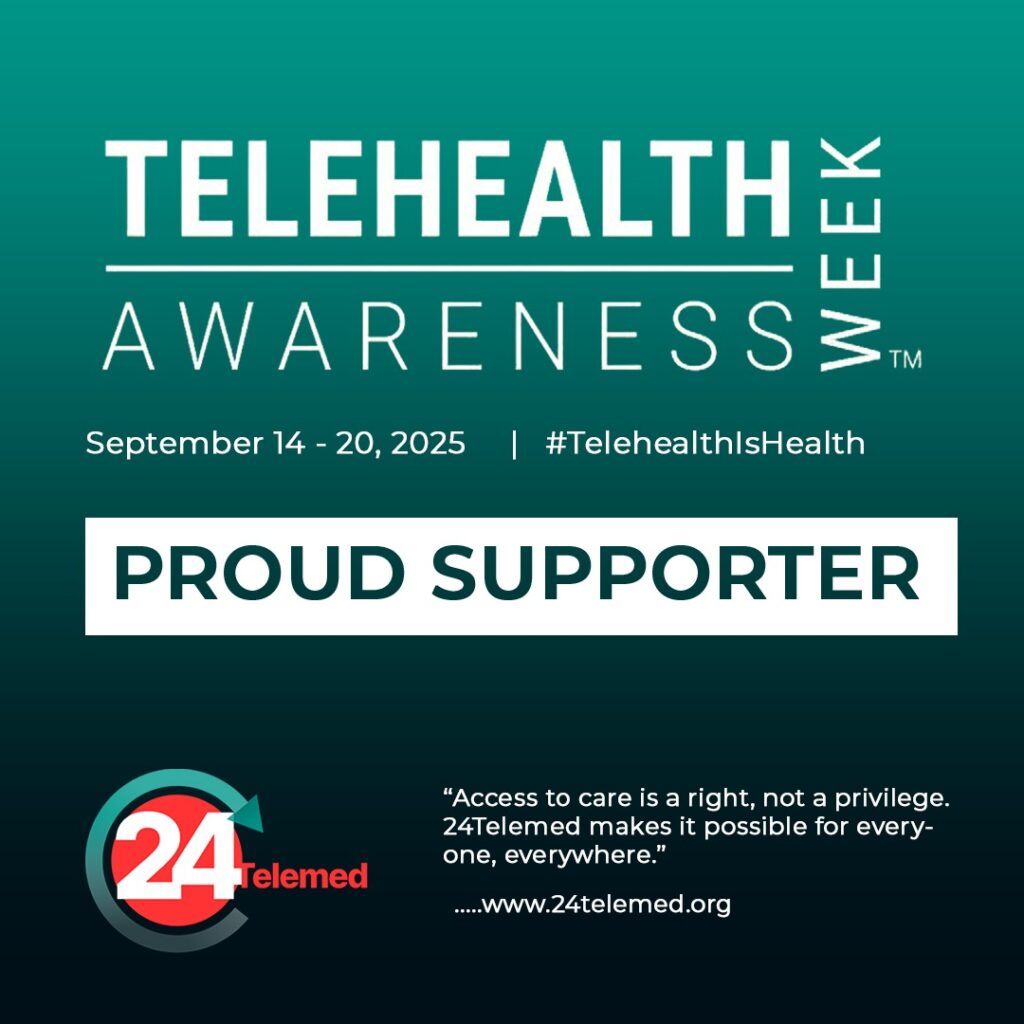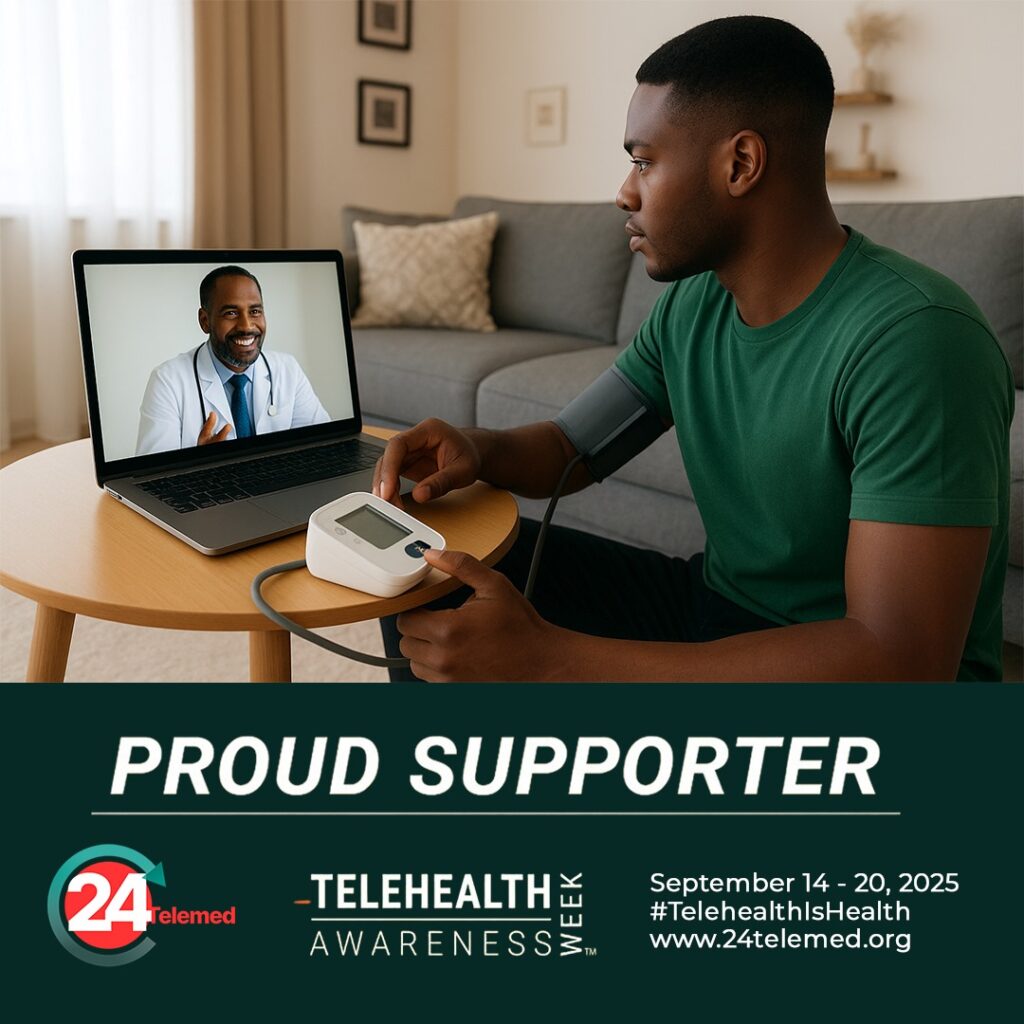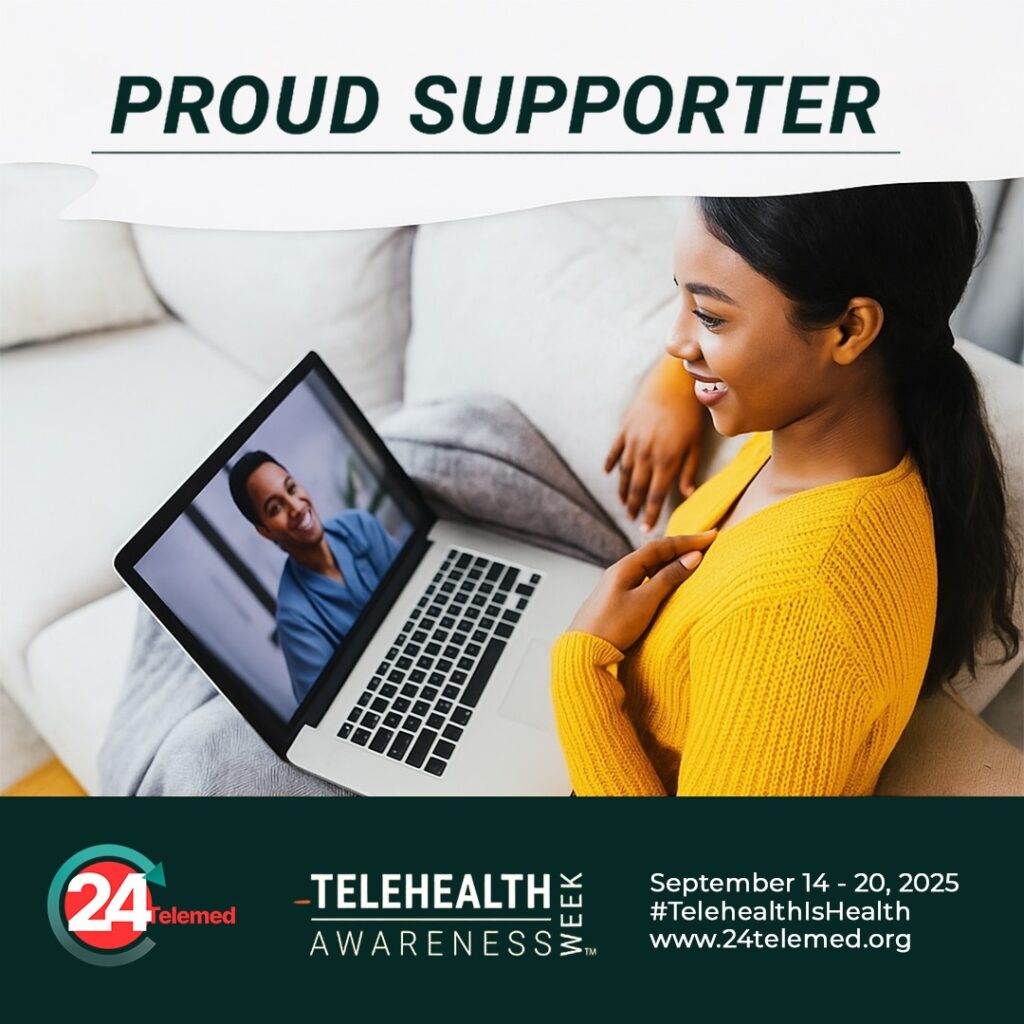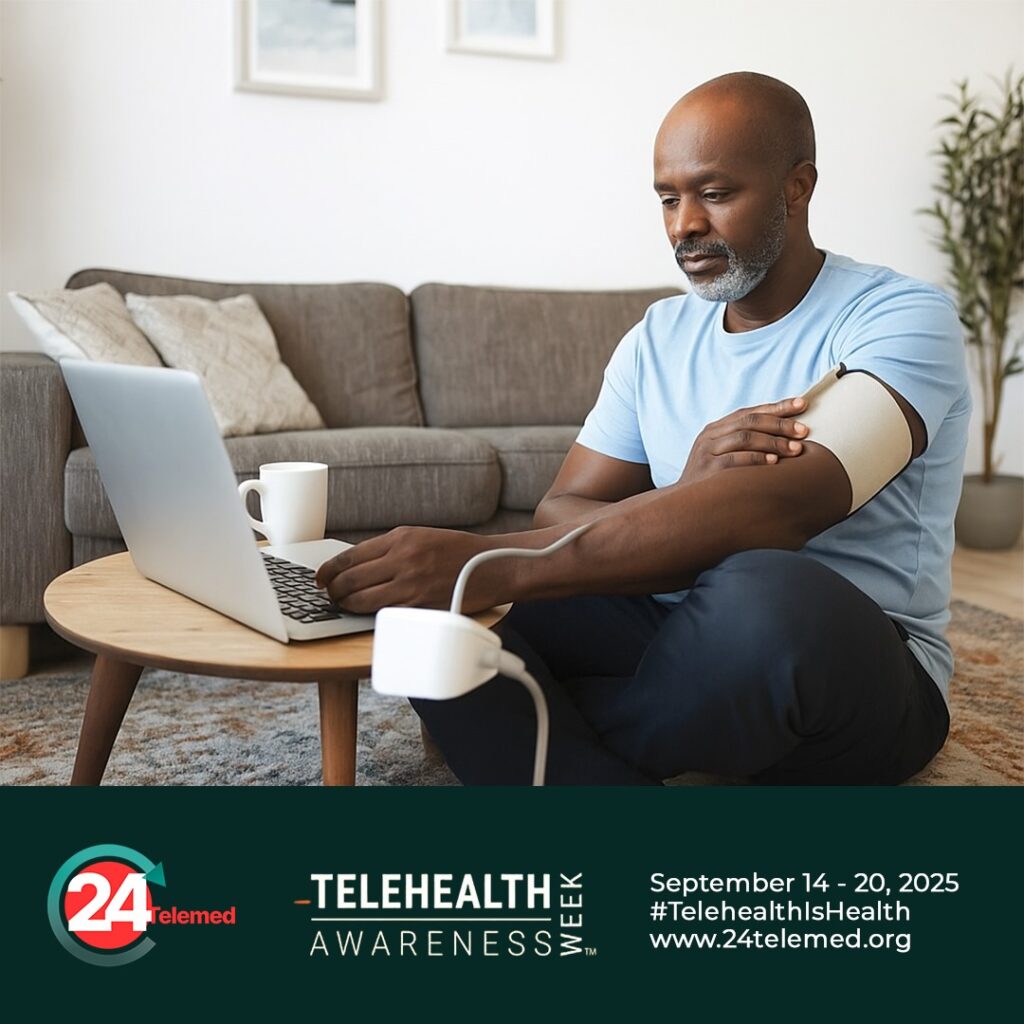Telemedicine has been described as the future of healthcare in Nigeria and the most reliable solution to the widening gap in medical access across the country.
This was the position of Mr. Dubem Odunze, Director of Project Management at 24Telemed, one of Nigeria’s foremost telemedicine platforms, who spoke in an interview to mark this year’s World Telehealth Week, observed globally from September 14 to 20 every year.
Raising alarm over the state of the nation’s healthcare system, Mr. Odunze noted that Nigeria continues to lose many of its best-trained doctors to developed countries in what is popularly known as the “japa syndrome.” According to him, the exodus has further strained the system, leaving vulnerable communities, particularly in rural and hard-to-reach areas, without access to qualified medical personnel.

“Given this situation and other similar realities in Nigeria’s health sector, Telemedicine has become not just an alternative, but a necessity. By connecting patients to doctors remotely, it eliminates distance barriers and ensures that no Nigerian is left without professional medical care simply because of where they live,” he stressed.

Mr. Odunze highlighted the transformative power of digital healthcare, explaining that telemedicine allows citizens to consult with doctors at any time, from the comfort of their homes, without the costs and hurdles of physical hospital visits. He described the model as one capable of revolutionizing the sector, bridging inequalities, and ensuring more efficient use of Nigeria’s limited health workforce.

He particularly praised state governments that have embraced telehealth innovations, citing Anambra State as a leading example. According to him, through a strategic partnership with 24Telemed, the Anambra State Government has successfully established telemedicine centres in all 326 primary healthcare centres (PHCs) across the state, a development he said has significantly improved equitable access to doctors in underserved communities.
“This action has ensured that no citizen is left behind in the scheme of things as far as telemedicine is concerned,” Odunze said, while also commending the Executive Secretary of the Anambra State Primary Healthcare Agency and the State Commissioner for Health for their forward-looking policies. He noted that the initiative has already started yielding results by making healthcare more affordable, accessible, and responsive in rural communities.

Mr. Odunze urged other state governments to emulate the Anambra model by creating enabling environments for telemedicine to thrive. He maintained that the platform holds immense potential to reduce pressure on overstretched medical institutions, improve health outcomes, and redefine how healthcare is delivered nationwide.
“Telemedicine is the future. It is the bridge that connects patients with doctors wherever they are, at any time, without barriers. For a country facing the challenges Nigeria is facing in its health sector and other related sectors, telemedicine is truly the game changer,” he concluded.








